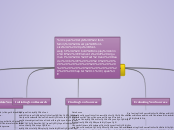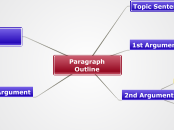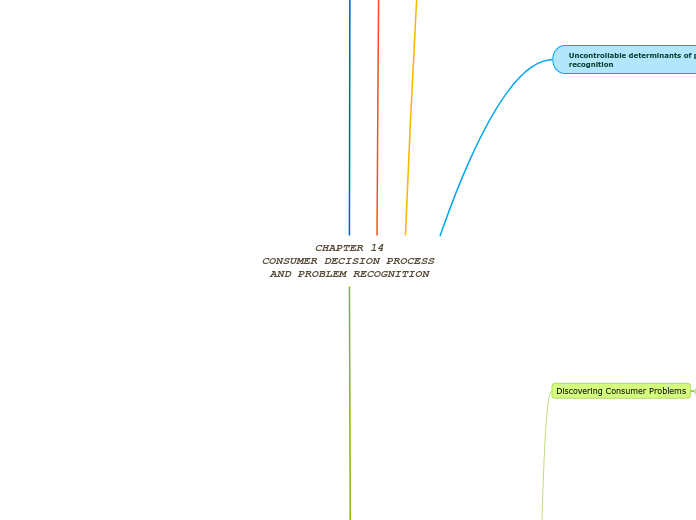door Oksana Aldendeshe 6 jaren geleden
237
Chapter 11 Elements of Argument
The process of writing an effective research paper involves several key steps to ensure the final product is well-supported and credible. Initially, it is crucial to keep the research focused on building a solid argument, which includes using multiple pieces of evidence to back each point.









